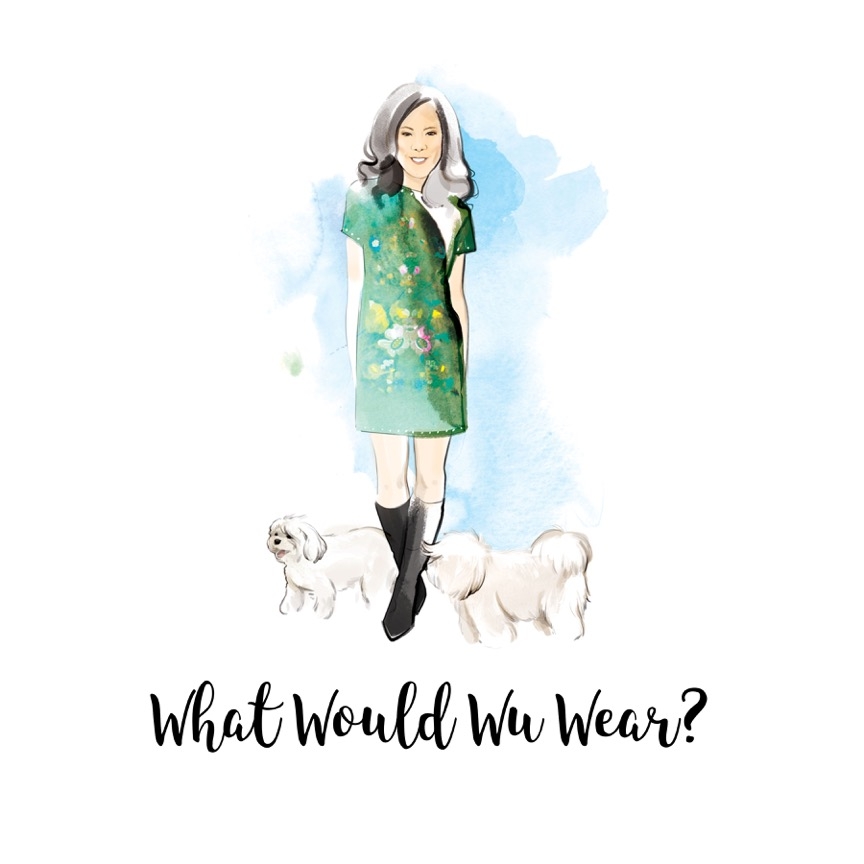Keep Marching On: Lessons from Broadway's ‘Suffs’

Keep marching, keep marching
'Cause your ancestors are all the proof you need
That progress is possible, not guaranteed
It will only be made if we keep marching, keep marching on.
Those lyrics, from the finale of the Tony Award-winning musical "Suffs," echo in my mind more than a month after I left the theater. (It’s worth a watch.)
Just like the groundbreaking "Hamilton" a few years back, "Suffs" shines a light on a crucial, but not always fully understood, chapter in American history. Nominated for six Tony Awards, including Best Musical, "Suffs" ultimately took home two statues (for Best Book of a Musical and Best Original Score Written for Theater), a testament to its compelling story and exceptional artistry.
But what truly sets "Suffs" apart is the way it breathes life into the fight for women's suffrage in the United States. It's a story I thought I knew, or, at least, I knew who Susan B. Anthony and Elizabeth Cady Stanton were. I didn’t know the half of it.
Turns out, Anthony and Stanton just got the ball rolling. It wasn’t until many decades later that the suffrage movement — thanks to the tireless work of dozens of women, most of whom I had never heard of — secured women the right to vote.
“Suffs’” cast of characters is taken straight out of history books, and I had only heard of two of them: Alice Taub, Ida B. Wells, Carrie Chapman Catt, Inez Milholland, Ruza Wenclawska, Mary Church Terrell, Lucy Burns, Doris Stevens, and Alva Belmont. (Of those, I’d only ever heard of Wells and Belmont, and the latter only because she used to be a Vanderbilt during the so-called Gilded Age.)
Clearly, my knowledge of early feminist history wasn’t as robust as I thought it was.
Fortunately, “Suffs” isn't a sanitized history lesson. It delves into the strategic disagreements, the internal divisions, and the racism faced by some women — often perpetrated by others within the movement. But at its core, it celebrates the incredible women who risked everything for a cause they believed in.
Here's what resonated most with me:
Change is a Marathon, Not a Sprint: The fight for suffrage spanned generations. Many who started the fight — including Susan B. Anthony — didn’t live long enough to ever cast a vote. It’s a good reminder that progress takes relentless persistence and a willingness to keep working, even when failure seems the most likely outcome. “Suffs’” producers include Hillary Clinton and Malala Yousafzai, two women who have faced more than their fair share of challenges and kept working to build a world they want their grandchildren to live in.
That persistence is best summed up by a quote from the Talmud, which Taub read when she accepted her Tony: “You are not obligated to complete the work, but neither are you free to abandon it.”
Diversity is Our Strength: "Suffs" illuminates the crucial role played by African American women like Ida B. Wells in the fight for suffrage, even while their race meant that they wouldn’t see the same progress white women would. Their contributions were essential, and the play serves as a reminder that true progress comes from including diverse voices in the fight for equality.
Look for Allies in Unexpected Places: At a pivotal part in the Congressional fight, a critical vote came from an unlikely source. It's a powerful lesson in bridge-building and finding common ground, even with those we might disagree with on the surface.
Art Can Inspire Action: "Suffs" isn't just a history lesson; it's a call to action. Just like "Hamilton" sparked a national conversation about our founding fathers, "Suffs" reminds us of the power of art to inspire and motivate. Leaving the theater, I felt a renewed sense of energy, which I’ll put to use in the coming months.
If you think you know women's history, you probably don't. "Suffs" is a must-see for anyone who wants to learn more about this pivotal movement and the incredible women who fought in it. I’m grateful to those women whose names have mostly been forgotten, but whose great great-great-granddaughters will be able to vote this November because of their sacrifices.
